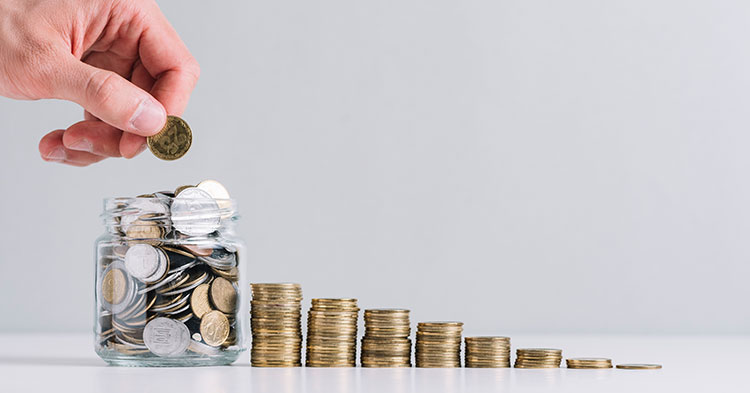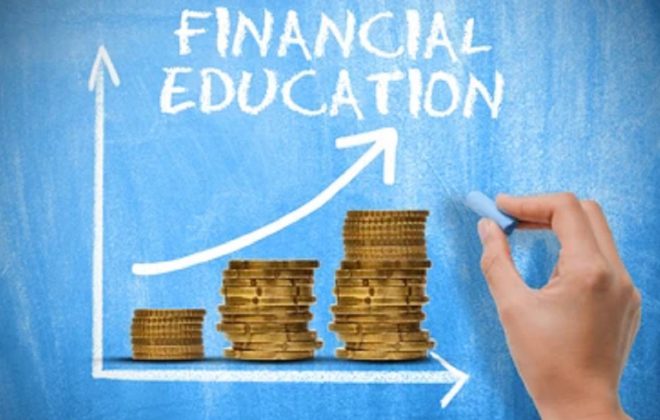Why on earth do you want to be frugal?
When the second-richest-person in the world, Warren Buffett, announced that he’s still eating from Mcdonald’s and stays in the same house that he bought in 1958, everyone was dumbfounded. Why was he not eating out in the best restaurants and spending big?
This “moneybag” is leading a frugal life and you could also take a leaf from his book.
According to Mary J Fourie, a financial planner, frugality can stem from the fear of lack of money or being mindful of how you spend.
She says those who come from a place of fear, hoard money and choose not to spend it to protect themselves from being in a place of having no money.
“These kinds of people could end up dying with a lot of money, but never actually ever get to enjoy it because their fear of not having enough will not allow them to enjoy what they do have,” says Fourie.
According to Fourie, those who spend mindfully understand how spending less now will benefit them in the long term. She says they choose quality over quantity to ensure they get long-term value.
“These kinds of people will get to enjoy their money because they do not live in a space of fear, but in a space of contentment and mindfulness,” says Fourie.
Either way, being frugal can be beneficial as it helps you accumulate wealth which will benefit your future self and family.
Chris Sloane, author of Use Some Common Cents to Build Financial Independence, says being frugal allows him to invest a lot of his savings and spend more on overseas holidays.
Being frugal can also keep you out of debt.
What is the difference between being frugal and cheap?
Often frugality is confused with being cheap. However, there is a world of difference between the two.
According to Fourie, if you are denying yourself or your family pleasures out of fear that you will run out of money, then that could be considered “cheap”.
You also have “cheap” values if you underpay your staff or use substandard products in making the products you are selling.
Can you be too frugal?
“Dying with too much money because of being too frugal is a sad state of affairs,” says Fourie.
Before engaging in frugality, Fourie suggests that you first check your motivation. If you fear not having money, she recommends that you consider working with a financial coach to investigate the source of your fear and whether this is healthy and serving you.
If you want to make better choices, then you need practice the habit of mindfulness. You must question everything around you and within you.
“Why do I own this object? Does it bring me joy?” “If I spend my money on this thing, will it add value to my life?”
The financial planner says you also need to track your spending habits and make changes if you are overspending.
This article has been prepared for information purposes only and it does not constitute legal, financial, or medical advice. The publication, journalist, and companies or individuals providing commentary cannot be held liable in any way. Readers are advised to seek legal, financial, or medical advice where appropriate.
MoneyShop





